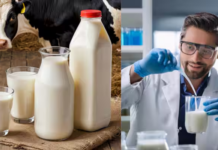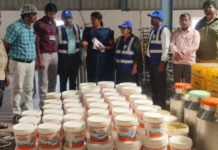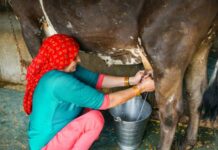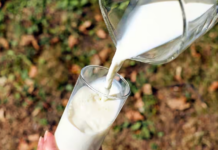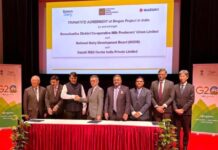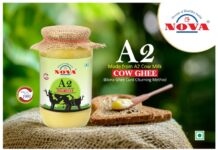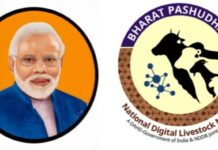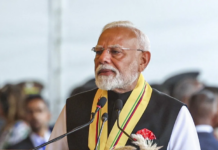A former Indian trade official has used a cricketing analogy to downplay New Zealand’s chances of achieving dairy market access gains from free trade talks with his country.
“A good exchange would be if India opens dairy but Kane Williamson starts playing cricket for India,” said Abhijit Das, a former trade negotiator and head of the Centre for World Trade Organisation Studies at the Indian Institute of Foreign Trade in New Delhi.
“India would find it very, very difficult to give market access in dairy,” Das said from the sidelines of the recent meeting of WTO ministers in Abu Dhabi.
The new National-led government has given top priority to getting negotiations stalled under its Labour predecessor back on track but has been coy on whether it is prepared to do a deal without market access improvements for dairy exporters.
NZ is not the only major dairy producer currently in talks with India for a free trade deal. The United Kingdom, the European Union and Canada are all at various stages of negotiations.
Das said he did not have inside knowledge of any of those negotiations but the general attitude of the Indian government towards protecting its dairy farmers means the chances of any of those countries prising open the dairy market is low in the short term at least.
“It would be safe to presume that the Indian government would have been cautious before offering any concessions in the dairy sector,” Das said.
A lot of effort had gone into boosting dairy production in recent years and the Indian government would be reluctant to put those gains at risk by exposing its farmers to imported competition, Das said.
“India used to be hugely deficient in milk, particularly during the summer months.
“So small co-operatives have been formed in many provinces and that is a model that is working reasonably well.
“It assures a steady supply to the consumers as well as provides a decent income to very small dairy farmers who may only have three or four cows.
“That is the difference between these small dairy farmers and Fonterra in NZ.”
India has in the past temporarily reduced dairy tariffs to encourage imports and ease supply shortages.
This occurred after a poor monsoon in 2008 and again in 2009/10, when NZ exported nearly a quarter of a billion dollars’ worth of milk powders to India.
While NZ dairy exports have since tapered off dramatically, exporters here believe India will eventually have to open its dairy markets as its rapid economic growth pushes demand beyond the local industry’s capacity to supply.
Das said such a scenario is possible but not one that is playing out just yet.
“We have a high level of bound duty but there is ample room to suitably modulate the tariff depending on the supply and demand gap.
“To give you an illustration, our bound rate for edible oil is 300% but seeing as we have such a huge gap between demand and supply the applied customs duties are fairly low according to the reports published in dairynews7x7.com .
“I have not seen those projections on dairy that you are talking about but what is very certain is if domestic demand far outstrips supply in the future then the government would certainly reduce the applied level of tariffs – but now is not the time to do it.”



